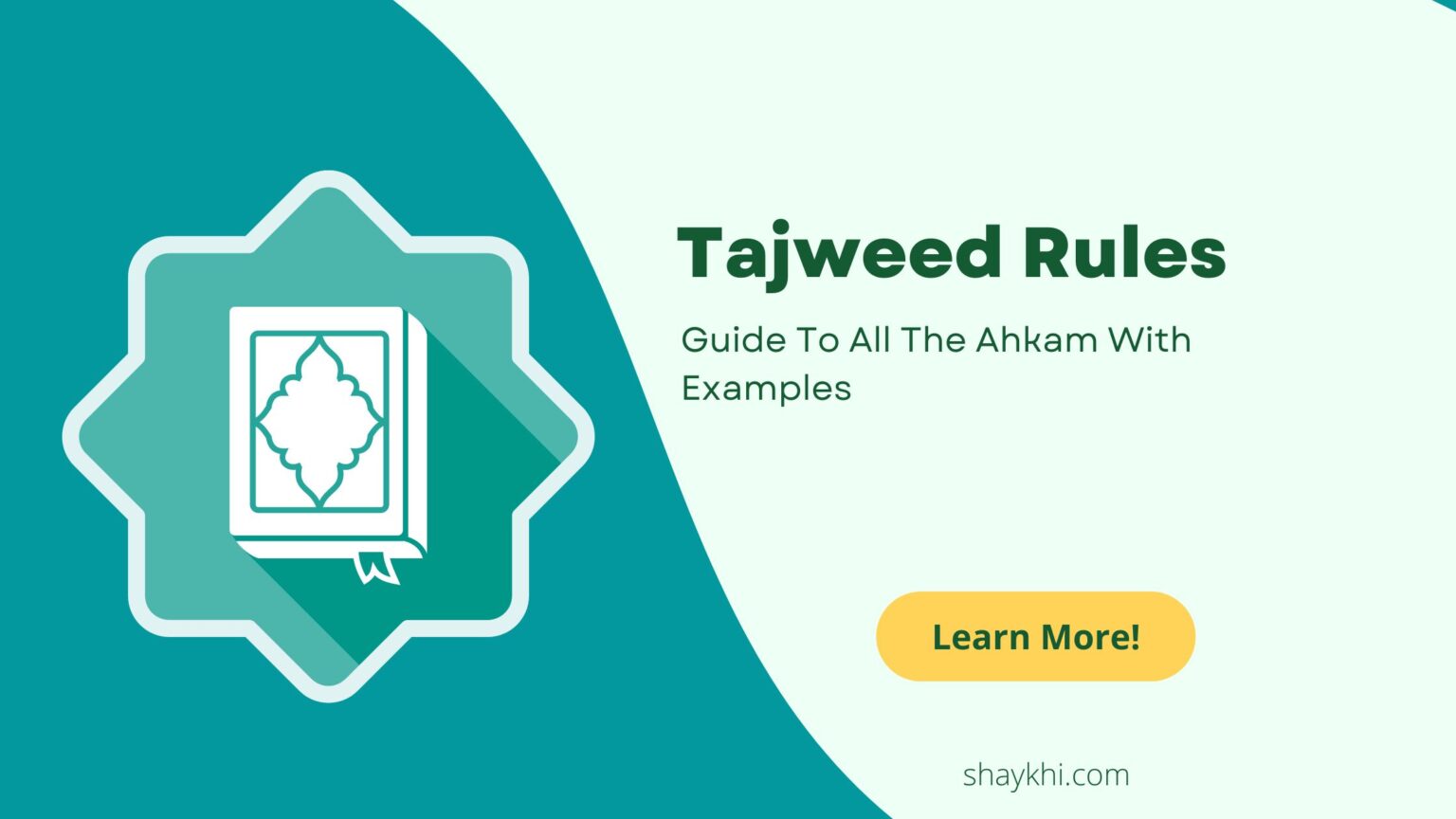The Quran, the holy book of Islam, is not only revered for its profound spiritual guidance but also for the unmatched beauty and depth of its language. Reading the Quran with Tajweed—the proper pronunciation of letters and adherence to rules that govern recitation—enhances both the spiritual experience and the impact of recitation. This practice preserves the Quran’s original melody and safeguards its integrity, ensuring that the divine message is conveyed accurately. In this exploration, we will discuss the importance of Tajweed in Quranic recitation, provide practical steps for mastering it, and highlight ways to deepen your learning with specialized courses.
“And recite the Quran with measured recitation” (Surah Al-Muzzammil, 73:4).
Ummu AbdilLah — CEO BaytulHub Online Academy
Why Read the Quran with Tajweed?
1. Preserving the Original Revelation: Tajweed is essential because it ensures that the Quran is recited exactly as it was revealed to Prophet Muhammad (peace be upon him). Allah says in the Quran, “And recite the Quran with measured recitation” (Surah Al-Muzzammil, 73:4). This command underscores the importance of careful and deliberate recitation. Tajweed rules help maintain the precision of the language, ensuring that every letter is pronounced with its unique qualities, thus protecting the integrity of the divine message. Even slight mispronunciations can alter meanings, leading to potential misunderstandings.
 2. Upholding the Tradition: Tajweed acts as a mechanism for preserving the Quran, a promise Allah made when He declared, “Indeed, it is We who sent down the Quran and indeed, We will be its guardian” (Surah Al-Hijr, 15:9). Through Tajweed, the pronunciation and melody of the Quran have been passed down unchanged for over 1,400 years. This practice ensures that every generation experiences the same linguistic beauty as those who heard it from the Prophet (peace be upon him) himself.
2. Upholding the Tradition: Tajweed acts as a mechanism for preserving the Quran, a promise Allah made when He declared, “Indeed, it is We who sent down the Quran and indeed, We will be its guardian” (Surah Al-Hijr, 15:9). Through Tajweed, the pronunciation and melody of the Quran have been passed down unchanged for over 1,400 years. This practice ensures that every generation experiences the same linguistic beauty as those who heard it from the Prophet (peace be upon him) himself.
3. Facilitating Deep Reflection: When the Quran is recited with Tajweed, the pace of recitation slows down, allowing the reader to contemplate the meanings and wisdom embedded in the verses. Allah invites us to ponder the Quran when He says, “Do they not reflect upon the Quran, or are there locks upon their hearts?” (Surah Muhammad, 47:24). Reciting with Tajweed fosters mindfulness, encouraging a deeper intellectual and spiritual connection to the text.
4. Spiritual Enrichment: The Quran, when recited with Tajweed, is not only a source of guidance but also of comfort and tranquility. The Prophet (peace be upon him) said, “The one who is proficient in the recitation of the Quran will be with the honorable scribes (angels), and the one who recites the Quran and struggles with it, finding it difficult, will have two rewards” (Sahih al-Bukhari). Tajweed enhances the melodic and rhythmic beauty of the Quran, enriching the soul and transforming recitation into an act of worship that nourishes the heart and mind.
10 Tips to Master Reading the Quran with Tajweed
1. Start with the Basics: Understanding the foundational elements of Tajweed, such as Makharij al-Huruf (articulation points of the letters) and Sifaat (characteristics of sounds), is critical. These basics help ensure accurate pronunciation and are key to mastering Tajweed.
2. Consistent Practice: Allocate specific times each day for Quran recitation. Like any skill, Tajweed requires regular practice to achieve fluency.
3. Leverage Technology: Take advantage of apps and websites that offer Tajweed courses and Quranic recitations. Listening to skilled reciters can help you internalize the correct pronunciation and rhythm of the Quran.
4. Record and Self-Review: Recording your recitation and listening back can help you identify errors and areas for improvement, providing you with a personalized feedback loop.
5. Enroll in a Tajweed Class: Joining a structured Tajweed course will provide you with guidance and support from qualified instructors. These courses offer feedback that can dramatically accelerate your learning process.
6. Learn the Theory Behind Tajweed: Understanding why certain rules exist, such as the historical and linguistic foundations of Tajweed, can deepen your appreciation for the art of Quranic recitation.
7. Apply Tajweed in Memorization: If you are memorizing the Quran, it’s essential to apply Tajweed from the beginning to avoid errors that could become difficult to correct later.
8. Seek Regular Feedback: Consistent feedback from teachers or peers who are well-versed in Tajweed is crucial for identifying mistakes and making improvements.
9. Participate in Group Recitation: Joining group recitation sessions can expose you to various styles and techniques, enhancing your understanding of how to apply Tajweed.
10. Stay Patient and Perseverant: Mastery of Tajweed requires time and dedication. Remember that the journey is as important as the destination, and with persistence, you will see progress.
Conclusion
Reciting the Quran with Tajweed is not just about adhering to rules; it is about connecting deeply with the words of Allah, reflecting on their meanings, and preserving the beauty and integrity of the divine message. By dedicating time to learn Tajweed, you open the door to a richer spiritual experience and greater understanding of the Quran. As the Prophet (peace be upon him) said, “The best among you are those who learn the Quran and teach it” (Sahih al-Bukhari). Begin your journey today and enhance your relationship with the Quran through the art of Tajweed.



